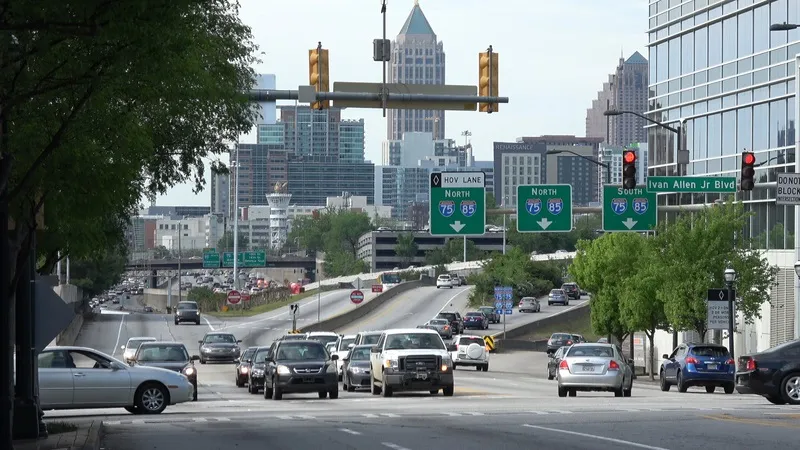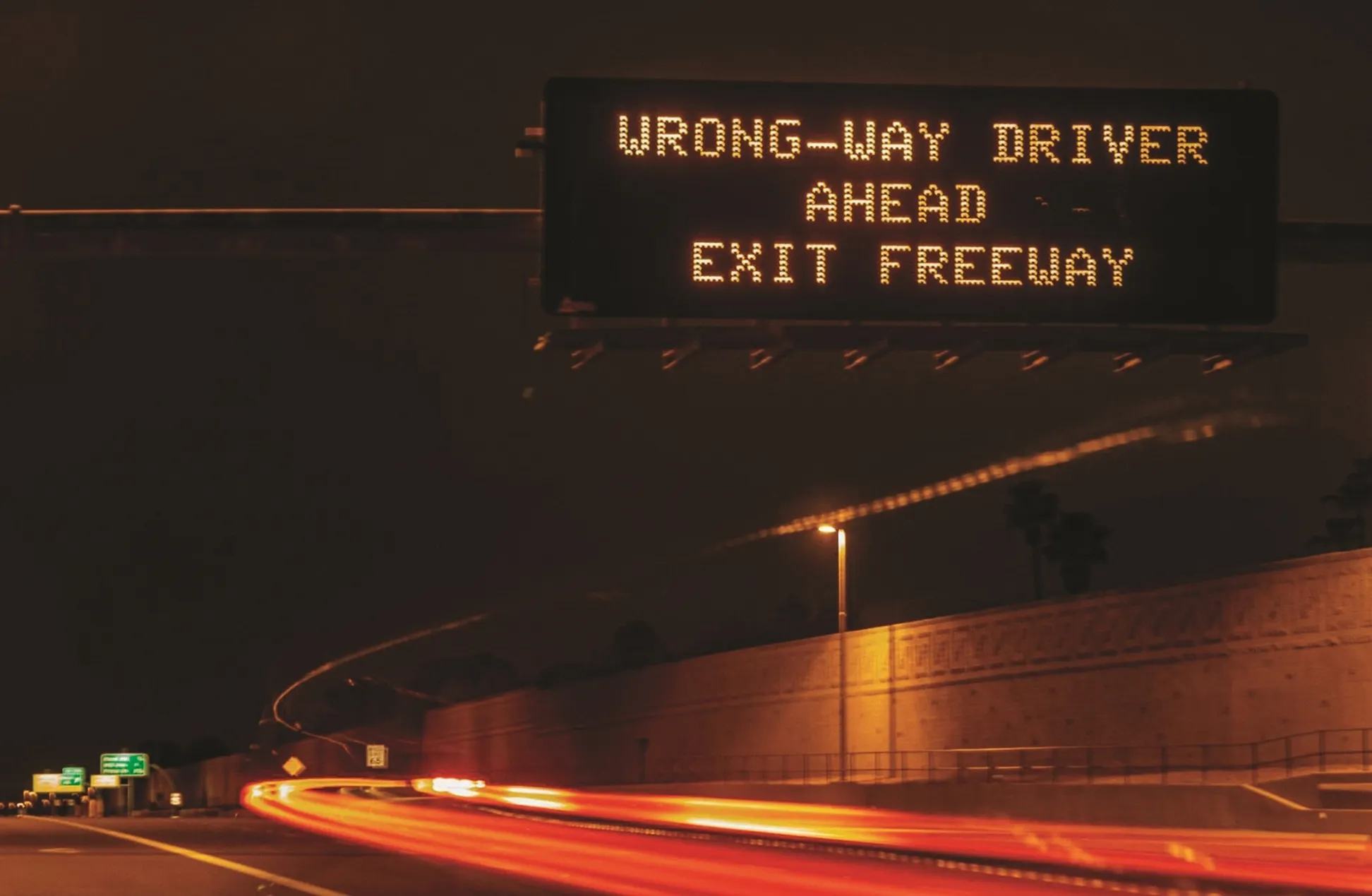
The US city of Atlanta has lowered its speed limit to 25mph – 40kph – as part of its planned Vision Zero strategy to eliminate traffic deaths.
The new speed becomes the so-called 'default' limit on any road within the city limits that doesn’t have a higher posted speed limit, according to local media. The city will soon start putting up around 1,000 signs notifying the 25mph speed limit.
There were 73 people killed last year in Atlanta, with 40 dying in vehicles, 22 as pedestrians, seven on motorcycles, three on scooters and one cyclist, according to city of Atlanta data.
"Speed contributed to 52% of the 73 traffic fatalities recorded in 2019," said Keisha Lance Bottoms, mayor of Atlanta, in the state of Georgia.
"Lowering the speed limit on Atlanta’s streets will improve safety of all travellers, including children, the elderly, minorities and low-income persons.”
The city’s planned Vision Zero strategy also has a goal to install automated speed cameras along its streets.
But installation is hampered by state authorities which allow speed cameras only in school zones, notes one city media columnist.
The Vision Zero strategy, under the direction of the city’s department of transportation, will start with the creation of a working group Vision Zero Task Force.
The plan will be based on the US National Safety Council’s 6E Road Safety Framework - Equity, education, engineering, enforcement, evaluation and emergency response – and which emphasises the use of data and technology.










